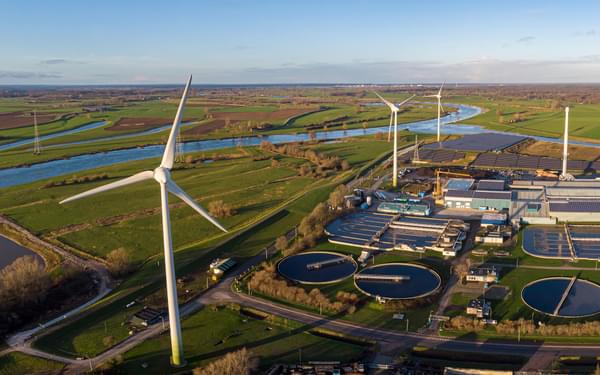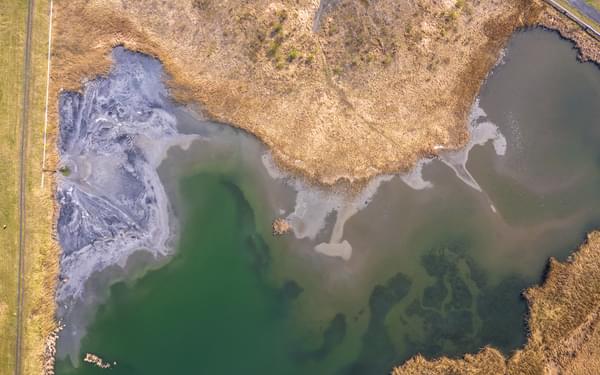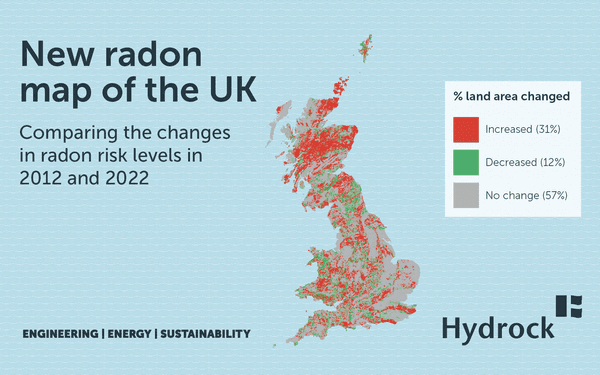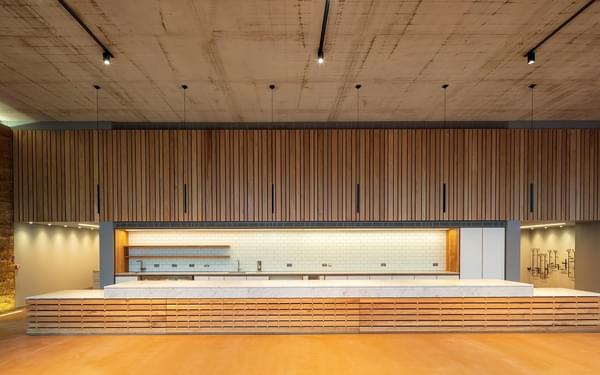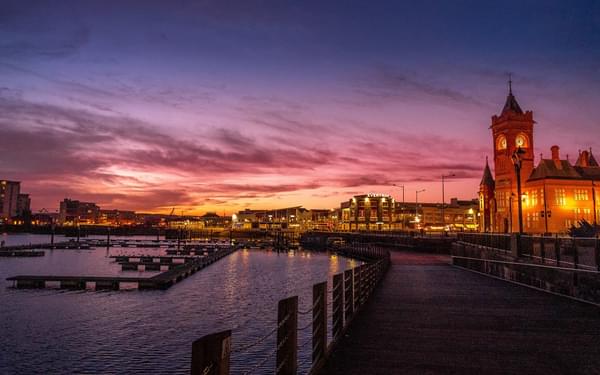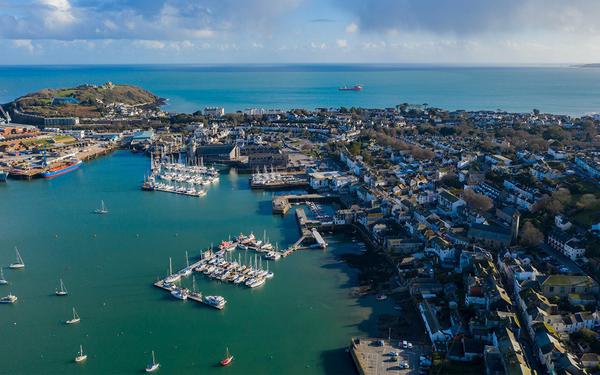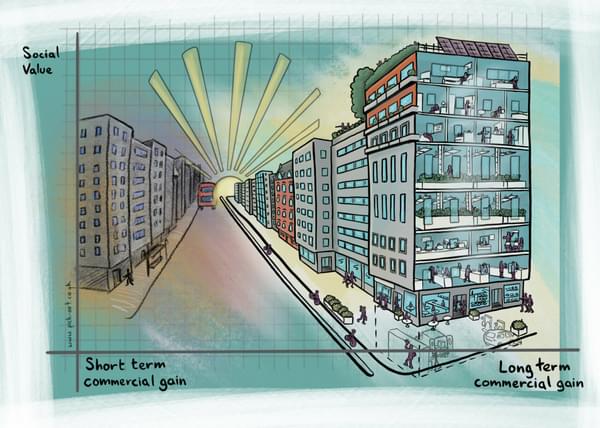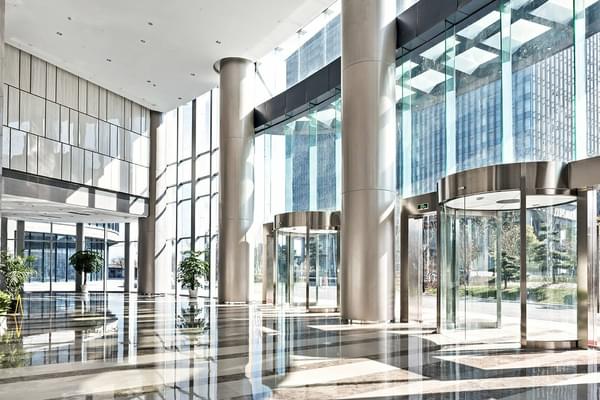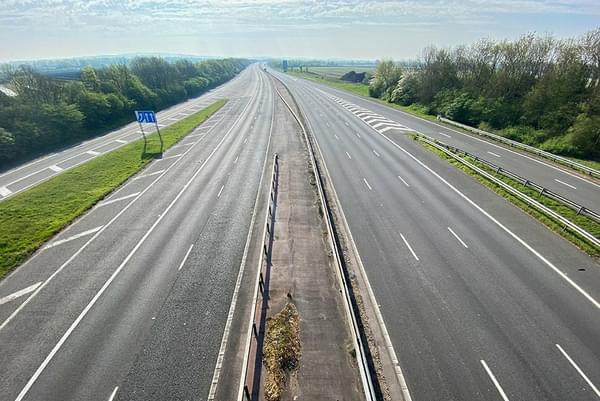
I know I'm stating the obvious here, but… the abandonment of the Joint Spatial Plan (JSP) is stalling development in the south west!
The ambitions for the West of England Joint Spatial Plan were admirable. The document, authored by Bath and North East Somerset, Bristol City, and South Gloucestershire (aka, WECA) plus North Somerset, aspired to sustainably develop the region as a cohesive, united front, until 2036.
Recognising that the Bristol region is not competing with the Midlands or Northern powerhouses, the JSP was to give us our competitive edge, setting out the long-term vision for land use planning. Homes, employment space, transport infrastructure, town centres, shops, leisure facilities and open spaces were all set for some strategic attention.
However, after 5+ years in the making, the Planning Inspectorate recommended the process restarts from first principles which prompted Bath and North East Somerset, South Gloucestershire and North Somerset to formally withdraw in favour of developing their own Local Plans. The problem is, all the Local Plans have been developed with a theoretical JSP sitting above it as the regional steer for local development. The resulting black hole in regional planning leaves Bristol off the national stage.
So how will this all play out? How will the region work together to deliver strategic planning going forward? For starters, the region's transport strategy - the Joint Transport Plan - is continuing to move at pace with WECA putting this before committee for adoption in March this year. But this 'plan' proposes a strategy to deliver the JSP growth aspirations - the two are intrinsically linked. It will need to be updated to reflect the replacement to the JSP, however as with any planning document, the JSP faced a lengthy approval and development process, and any replacement will take years. There's no route to a quick resolution.
The demand for all the housing and infrastructure addressed in the JSP is still as high as ever, but without it, the appetite for investment has potential to be suppressed when faced with the prospect of promoting developments that do not have current local policy supporting them. Take St Phillip’s Marsh as an example, this is a once-in-a-generation opportunity, but investor appetite is suppressed significantly by the prospect of a prolonged battled against the flow of planning policy.
Let's be pragmatic. If the JSP is to be revisited - and the Duty to Cooperate ensures a level of cooperation regardless - what do the key considerations really need to be?
Let's look at how we're responding to decarbonisation and Bristol’s 2030 net zero commitment, the range of options available to us for our new energy landscape and how we access and implement the infrastructure requirements and complementary forms of development. This should drive everything, supported at a foundation level by transportation considerations: how will we/should we be moving around the region by 2036? What will the demands on our infrastructure be and how can we flexibly accommodate shifting uses? What are our constraints and what impact do these have on the location of our new housing developments and wider regional infrastructure?
The JSP might have failed in its current form, but it's principles can be salvaged. Pragmatism is the key to moving it from holding up the local economy to unlocking the region and putting us on the map as the south west powerhouse.
This article was originally published by Henry Easterbrook on LinkedIn.
Explore related
- Articles

Navigating the electrifying world of EV charging investments: Making 'big data’ central to due diligence
Read more- Articles

Why the UK government’s case for investment in new oil and gas production is flawed
Read more- Articles

Mark Pearce comments in Fleetworld: How can ChargeUK enable fleets to go electric with confidence
Read more- Articles

Interview: Ric Hampton appointed to Bristol Nights Advisory Board to support nightlife & culture
Read more- Articles

Hydrock comments in Building: The Building Safety Act and what the second staircase rule would mean for high-rise blocks
Read more- Articles

Hydrock roundtable: Diversity and access to careers in the built environment sector
Read more- Articles

Hydrock comments in Building: Strong and stable? This government is anything but when it comes to energy infrastructure
Read more- Articles











